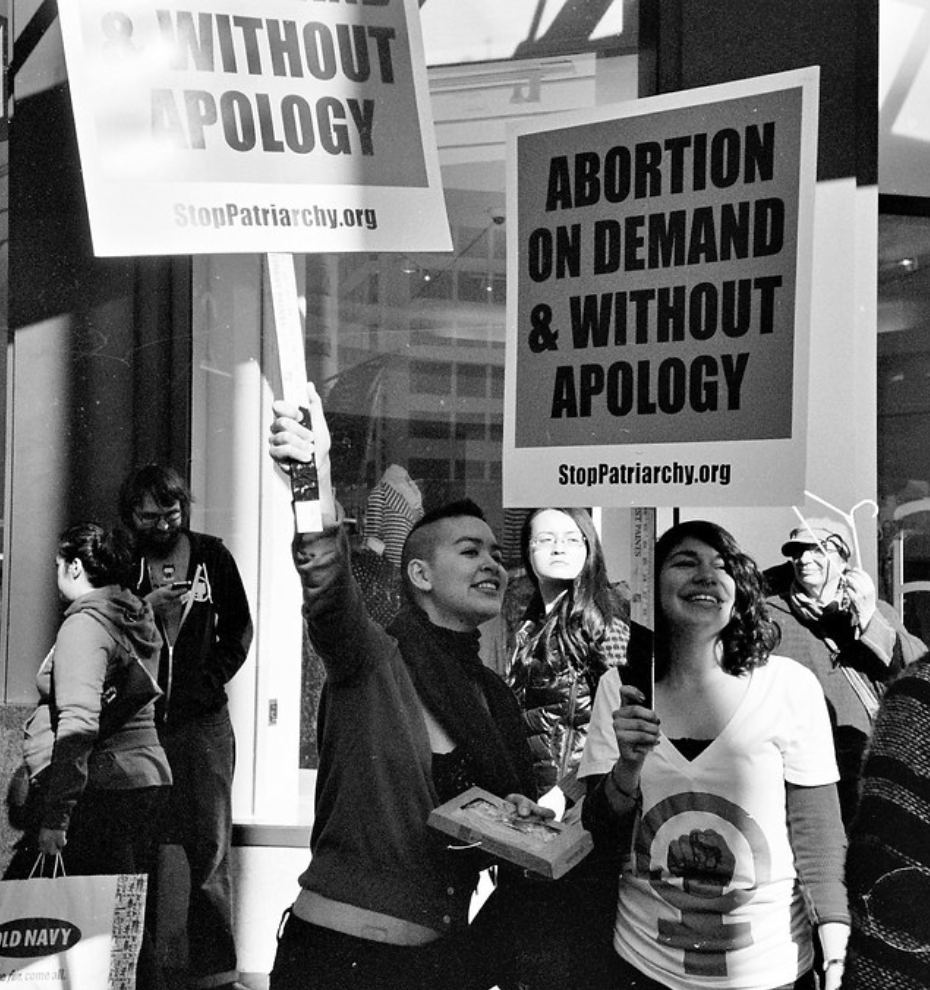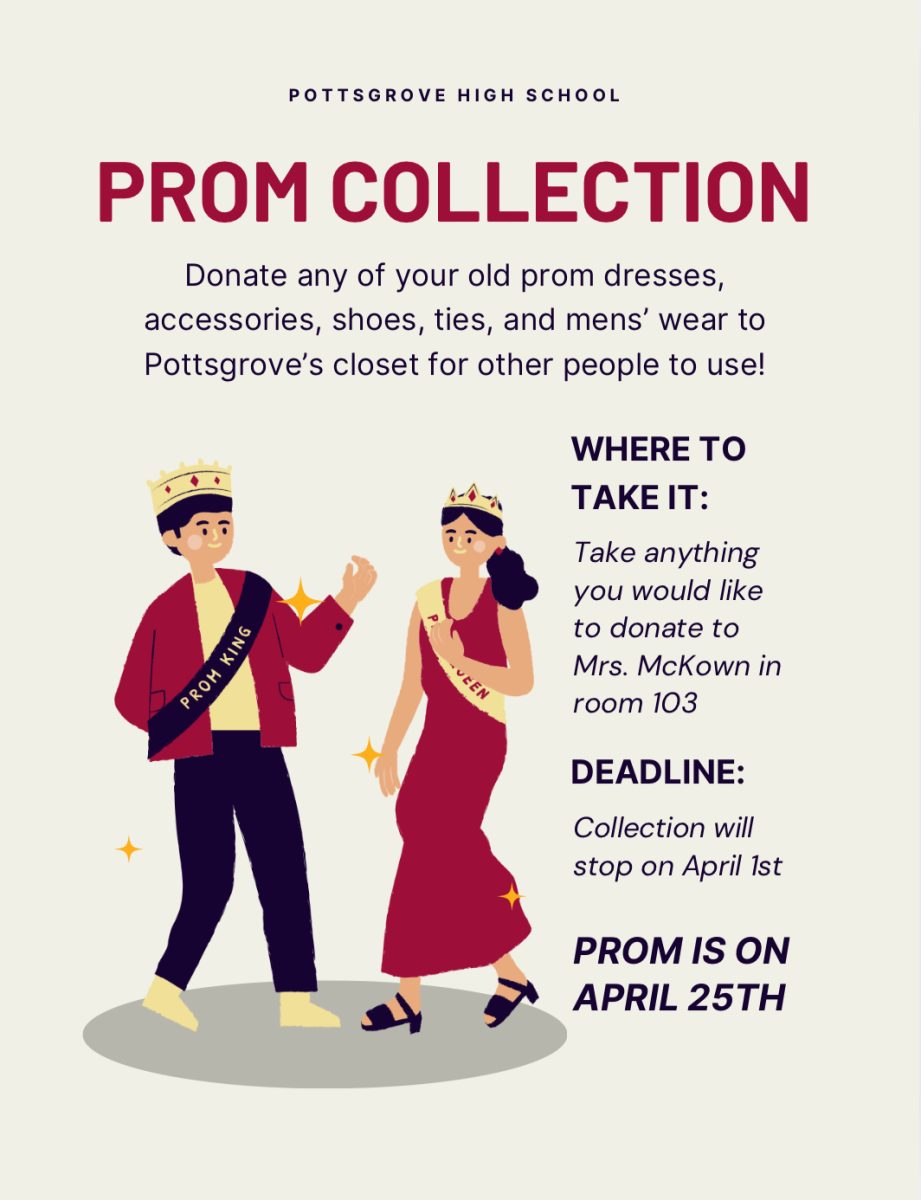As of May 1st, Florida instated a six-week ban on abortion which means that women can not get an abortion after 6 weeks of pregnancy unless there is a risk to the mother’s life or to prevent bodily harm. This replaced the original ban of 15 weeks of pregnancy. This has caused an obvious uproar among pro-choice protesters. Florida was one of the last places that could get a safe abortion promptly. The closest option for people living in the South would be North Carolina, which has a 12-week ban. This is not a reliable option since there is a 72-hour waiting period. Most people also do not even figure out that they are pregnant by 6 weeks, ruining their chances of getting an abortion, especially if they do not have the means to drive out of state. There are some exceptions to this ban for survivors of rape, incest, and human trafficking which have the original 15-week ban but need to bring documentation of a police report or medical records stating that these events happened. This is not helpful for many of these survivors since it may not be safe or too painful to even report any type of assault that has occurred. The 6 weeks start after the last menstrual period of the women. The patient also needs to have been to 2 appointments – 24 hours apart – to be able to get an abortion. Republican Governor, Ron DeSantis, said “We don’t want to be an abortion tourism destination”. This ban was a huge win for anti-abortion groups. Matt Staver, founder and chairman of the Florida-based anti-abortion group Liberty Counsel said that the state could now be “a sanctuary for life”, and that “This is a great day for protecting unborn children,”.
All hope is not lost. There will be another vote in November and abortion will be on the ballot. This will give the public a chance to have their say. The amendment being voted on is Amendment 4 which allows abortion access in Florida until until fetal viability – usually 24 weeks. This would give abortion rights a chance to be enshrined in the Constitution.






